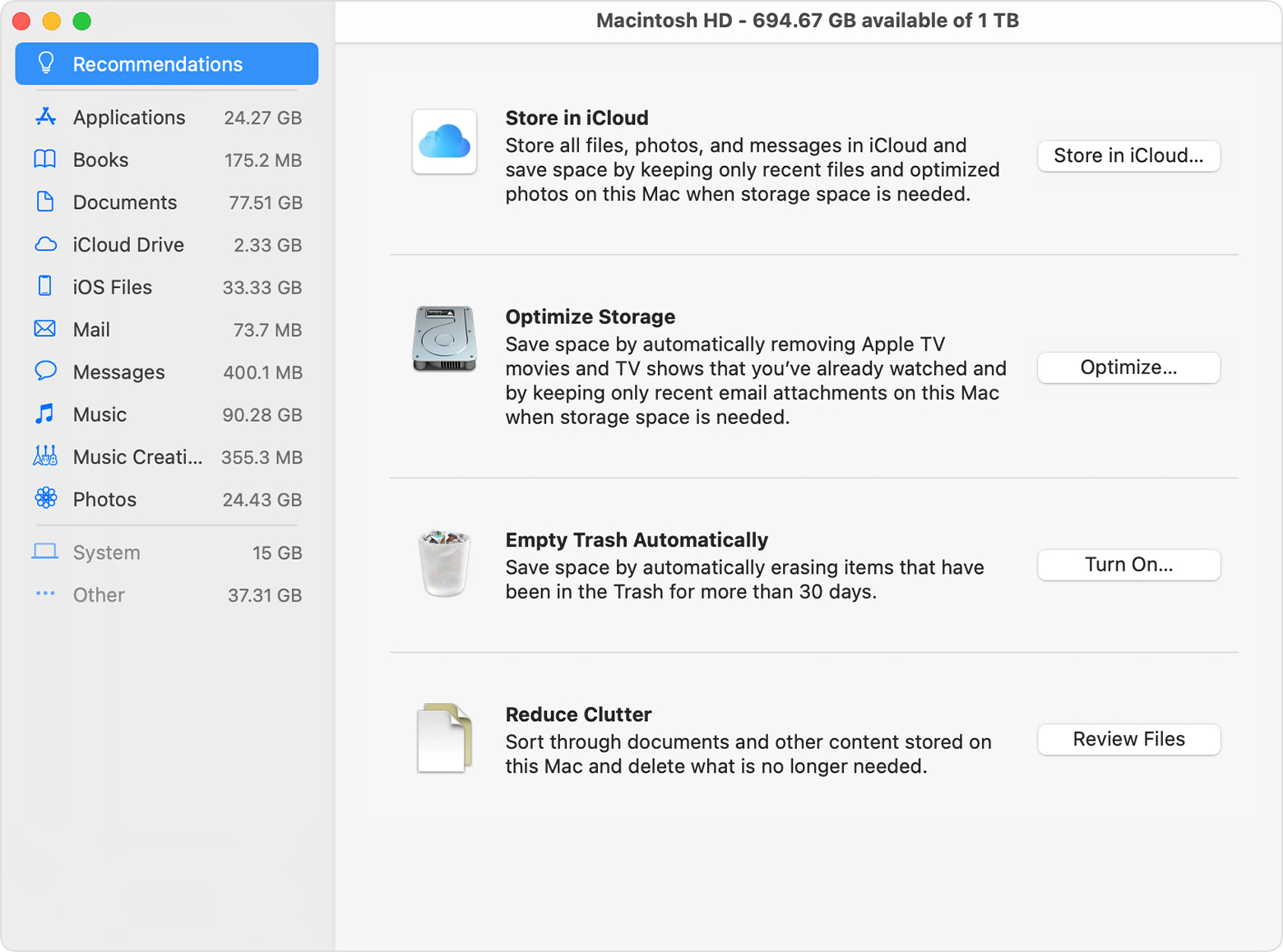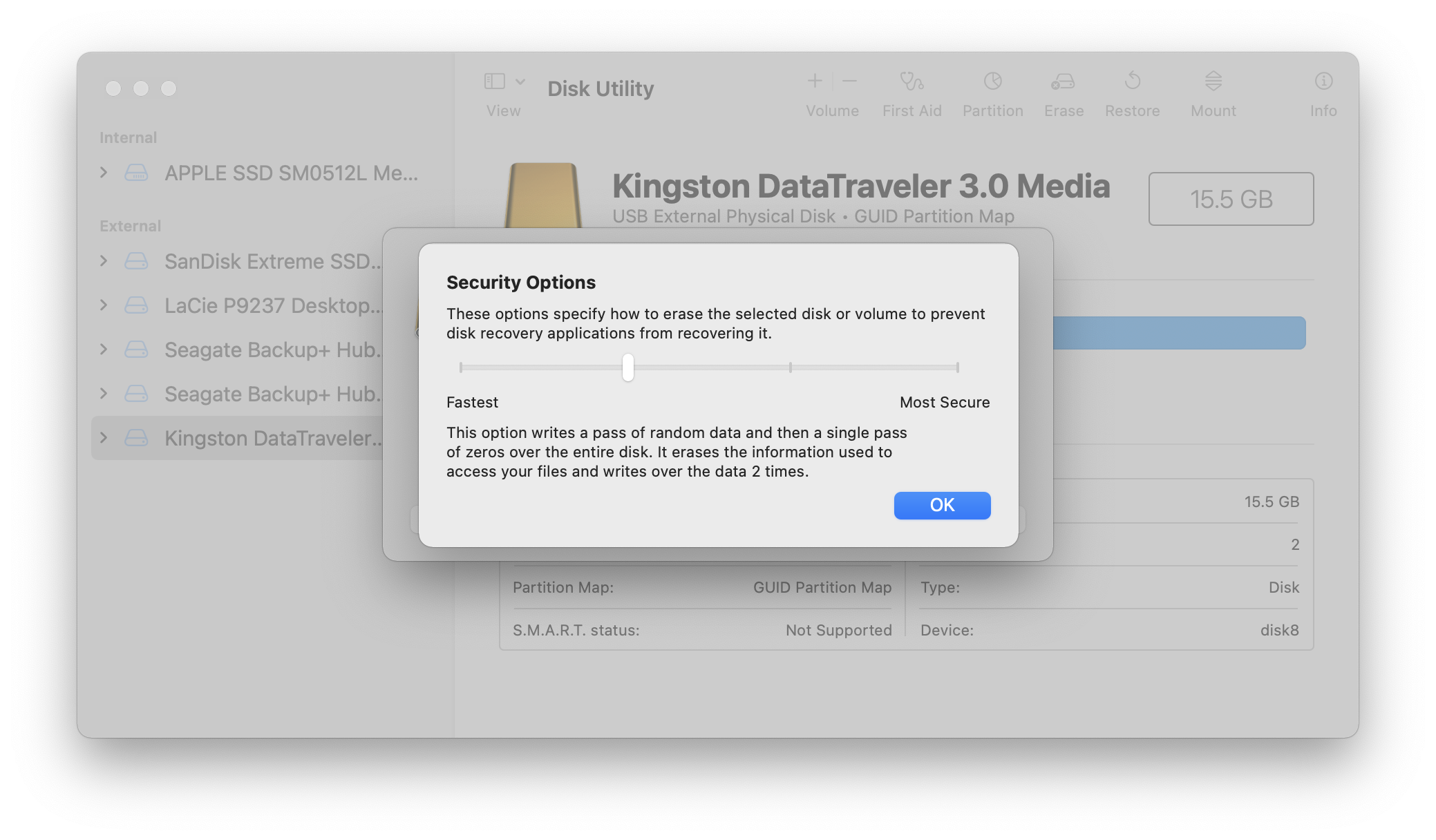

- #CLEAN OUT DISK FOR MAC HOW TO#
- #CLEAN OUT DISK FOR MAC MAC OS X#
- #CLEAN OUT DISK FOR MAC TRIAL#
- #CLEAN OUT DISK FOR MAC FREE#
- #CLEAN OUT DISK FOR MAC MAC#
#CLEAN OUT DISK FOR MAC FREE#
To completely remove these files and free up the space they require, you’ll have to empty your Trash. Rather than permanently deleting files from within the Finder, they are sent to your Trash so you can restore them later if you change your mind.
#CLEAN OUT DISK FOR MAC MAC#
The Trash on a Mac is equivalent to the Recycle Bin on Windows. There are a lot of other choices on the App Store and elsewhere, but we’ve used this one and had good results.
#CLEAN OUT DISK FOR MAC TRIAL#
You can buy it on the App Store if you want - Apple had this one as their Editors’ Choice, but you’re probably better off getting it from their website, because they have a free trial available there. Luckily there are great apps like Gemini 2 that can be used to find and remove duplicate files with a really slick and easy interface.

One of the trickiest things that can take up lots of drive space are duplicate files littering up your computer-this is especially true if you’ve been using the computer for a long time. Note: before running any cleaning tool, you should make sure that all of your important data is backed up, just in case. They have a single button to clean up everything, but we’d recommend going into the details to make sure. Luckily it’s the same vendor that makes Gemini 2 and you can get them both as a bundle.Īnd of course, there’s a free trial that shows where your free space has gone and lets you clean up some of it for free. It basically has all the features of the cleaning applications we talk about in this article, but in a single app-with the exception of finding duplicate files, which you’ll still want to use Gemini 2 for.

If you don’t feel like spending a bunch of time to find and clean things up manually, you can use CleanMyMac 3 to get rid of temporary files, clean up extra language files, uninstall applications, get rid of extra files left behind by application uninstallations, find and get rid of big attachments stored in Mail, and a whole lot more. If you fail to keep your Mac’s hard drive clean, you’re eventually going to get the dreaded “Your disk is almost full” error, so you may as well start now and clear up some space. Most of the wasted space on your Mac is only going to be reclaimed if you look at lot deeper-cleaning out language files, removing duplicate files, deleting attachments, clearing temporary files, or emptying all of the Trash cans. You can obviously free up disk space by simply doing a cursory find-and-delete for big files and other things that you’ve downloaded, but realistically that’s only going to get you so far.
#CLEAN OUT DISK FOR MAC HOW TO#
Here’s how to clean up your Mac and reclaim some drive space. Luckily there are quick and easy ways to free up space on your hard drive. Keep in mind that the latter two options take longer to complete, because they are performing the same overwrite task either 3 times or 7 times.Even these days, MacBooks still have tiny hard drives that fill up quickly.
#CLEAN OUT DISK FOR MAC MAC OS X#
Erasing Free Space on Hard Drives in Mac OS X This option is not available for flash-memory based SSD models (like those bundled within the MacBook Air, Retina MacBook Pro) because those drives use the TRIM function to quickly remove and recover blocks instead, which has the side effect of automatically preventing file recovery fairly quickly – often within 10 minutes of emptying the Trash. This only works on traditional hard drives of the spinning platter variety, which is typical for MacBook Pro, Mac Mini, and iMac models, and is the case with most external hard drives used for backups. The Mac OS X Disk Utility app provides an ability to erase free space on traditional hard drives, which overwrites vacant disk space on the drive to prevent any potential recovery of deleted files (that is, files that have been removed traditionally, rather than through secure methods).


 0 kommentar(er)
0 kommentar(er)
